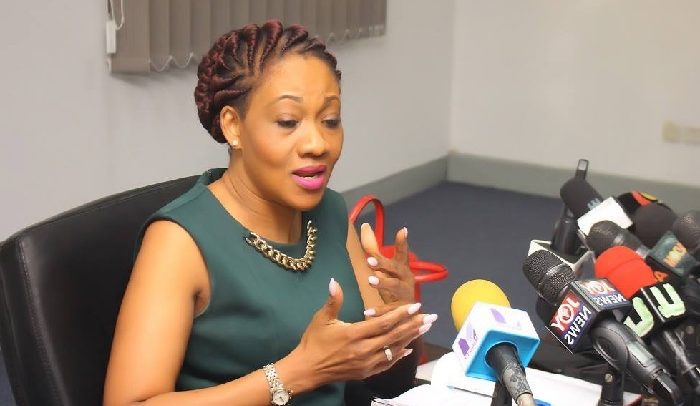The Electoral Commission of Ghana (EC) has scheduled a crucial meeting with all 13 qualified presidential candidates for next Tuesday, October 1, 2024.
EC Deputy Commissioner, Dr. Bossman Asare who announced this said “We are holding a meeting with all the presidential candidates on October 1 to discuss the guidelines and modalities for the upcoming election”.
This gathering is a significant step towards the December 7, 2024, presidential election, following the EC’s completion of the voter registration exercise and the recent Inter-Party Advisory Committee (IPAC) meeting.
He explained “The meeting will focus on the state of the voter register, exhibition process, and other critical issues related to the election”.
The EC has confirmed the participation of prominent candidates, including Dr. Mahamudu Bawumia of the New Patriotic Party (NPP) and former President John Dramani Mahama of the National Democratic Congress (NDC).
Background
The EC’s meeting with presidential candidates comes after the Commission addressed concerns over the 2024 voters register.
The opposition NDC had called for a forensic audit, but the EC maintains that its internal processes and audit procedures were sufficient.
Dr. Asare previously stated, “The audit process is already outlined in the law, and we are following it. After we finish the process, if there are genuine concerns, we can address them.”
Qualified Candidates:
1. Dr. Mahamudu Bawumia (NPP)
2. Former President John Dramani Mahama (NDC)
3. Nana Akosua Frimpomaa (Convention People’s Party)
4. Hassan Abdulai Ayariga (All People’s Congress)
5. Kofi Akpaloo (Liberal Party of Ghana)
6. Mohammed Frimpong (National Democratic Party)
7. Daniel Augustus Lartey Jnr (Great Consolidated Popular Party)
8. Christian Kwabena Andrews (Ghana Union Movement)
9. Akua Donkor (Ghana Freedom Party)
10. Alan John Kwadwo Kyerematen (Independent)
11. Nana Kwame Bediako (Independent)
12. George Twum-Barima-Adu (Independent)
13. Kofi Koranteng (Independent)
The December 7 election will be Ghana’s eighth presidential election since the country’s transition to democracy in 1992.
BY Daniel Bampoe


